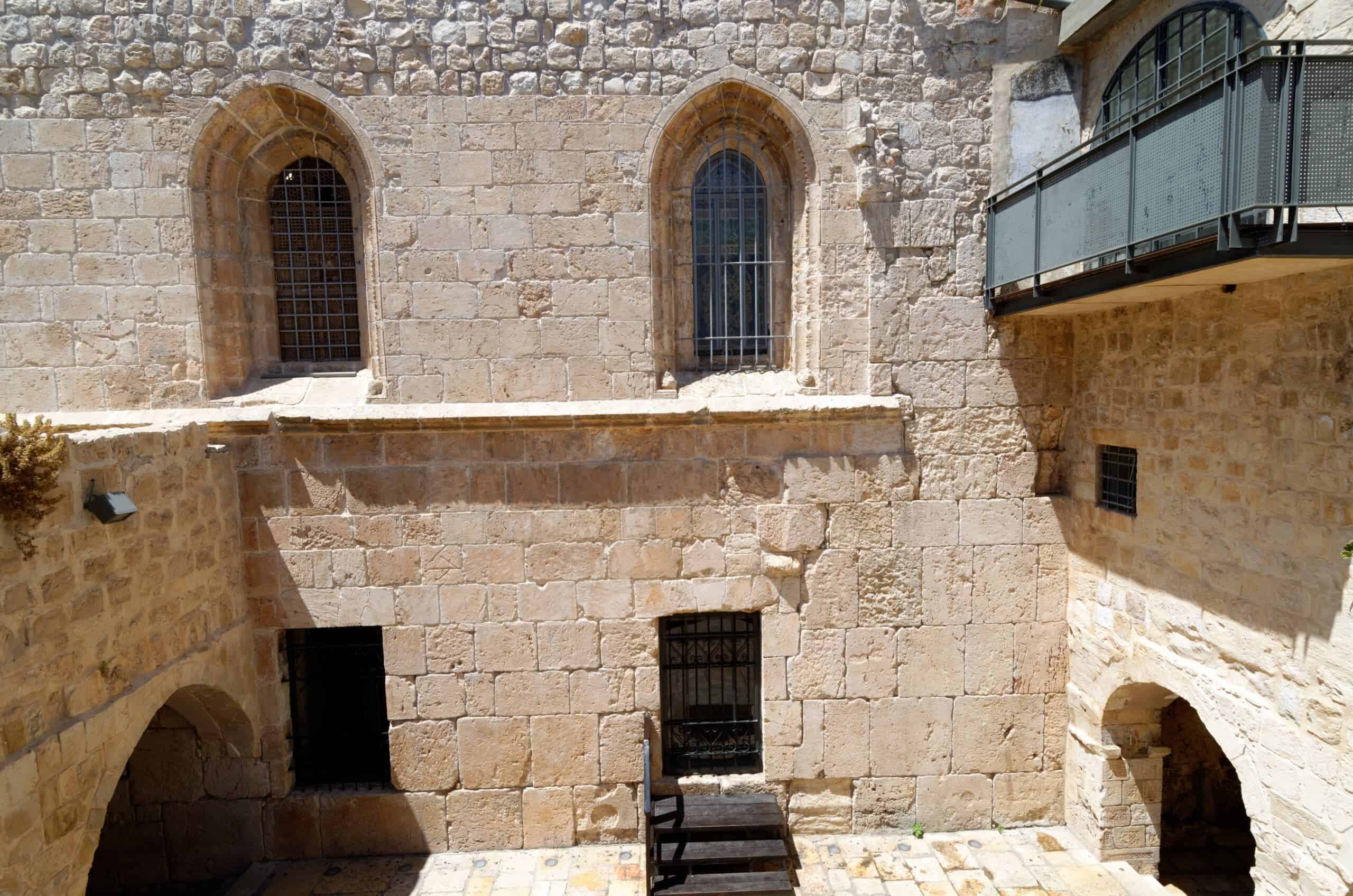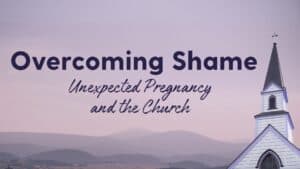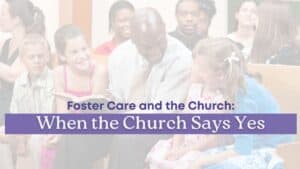Heading into Thursday
We could title this meditation: “Singing for Your Supper.” The Israelites sang the ancient Psalms, and many Jews and Christians sing them today. We know what psalms were read and chanted during the Passover Seder. They are the “Hallel Psalms,” numbered 113–118. Celebrants recite the first three of those Psalms before the meal. They read and sing the last three at the conclusion of the Seder.
When Matthew informs us that the group, now without Judas, sang a hymn and departed for the Mount of Olives, one might wonder what they sang. Well, it was not “Blessed Be the Tie That Binds!” We know what hymn it was! It was Psalms 116–118.
Please notice the last words of Psalm 118: “I thank you that you have answered me and have become my salvation. The stone that the builders rejected has become the cornerstone. This is the Lord’s doing; it is marvelous in our eyes. This is the day that the Lord has made; let us rejoice and be glad in it.”
(Psalm 118)
These were the last words on the lips of the Lord Jesus before he departed for Gethsemane and, ultimately, Golgotha. The Messiah who had been rejected sang about the stone which the builders rejected (Ps 118:22a)! Jesus had already quoted and applied that text at the end of the most transparent parable he had ever told on Tuesday morning while weeping over that rejection, just before he “went dark” (Matt 21:42).
And yet the day of his rejection was the day his Father appointed him as the cornerstone in a new temple (Ps 118:22b). And this was a day which the Lord had made and over which he and his followers could rejoice (118:24). Jesus then sings about the blessing on the one who comes in the name of the Lord (118:26). I remind the reader that the people of Jerusalem shouted this text during the Triumphal Entry (Matt 21:9). Jesus had solemnly prophesied that Israel would not see him publicly until they joined in this Messianic pronouncement on him (Matt 23:39).
Therefore, Psalm 118 appears during Passion Week no less than four times in a Messianic role. Three times the words of this psalm explicitly appear in the texts and events mentioned above and once implicitly in the hymn that Jesus and his disciples sang before they went out to Gethsemane and to the suffering that lay ahead for him. While scholars acknowledge that Psalm 110 is the most cited OT passage by NT writers, Psalm 118, with all its allusions, is a very close second. Yet few Bible readers recognize that fact!
Yes, Jesus and the 11 left were “singing for their supper.” It was a sober song about rejection. That song, however, ended triumphantly because the day of the rejected stone became, for Jesus, the day of his installation as the cornerstone. Let us sing that song with him!
Prayer for Reflection:
“Lord Jesus, I take communion so often that I confess sometimes it simply becomes a ritual. As you commanded us to do this in your remembrance, may I always remember that the sacrifice of your blood and your body took place so I could be forgiven and have communion with you. I love you, Lord, because you first loved me.”
All Devotionals:



















